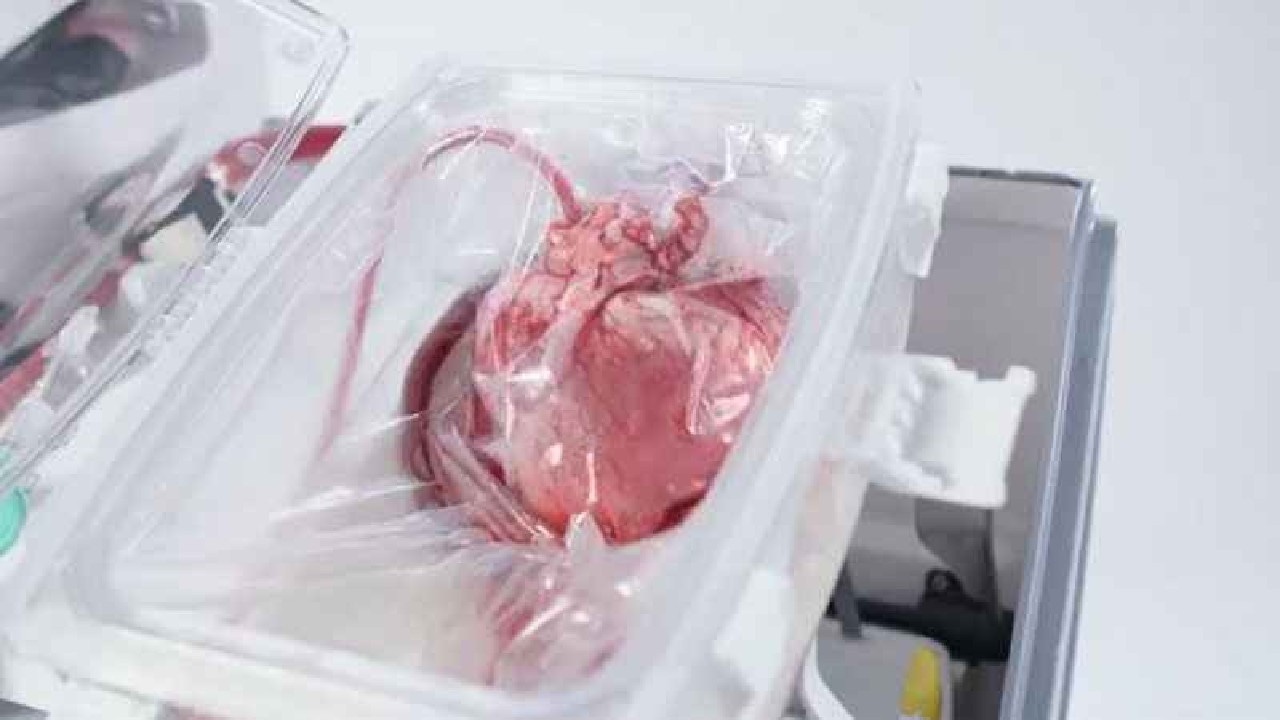Groundbreaking ‘Heart in a Box’ technology gets FDA approval
[anvplayer video=”5108195″ station=”998122″]
Groundbreaking technology that will change how heart transplants are done nationwide has now received approval from the U.S. Food and Drug Administration.
RELATED: ‘Heart in a Box’ saves Minnesota man’s life, could change heart transplants
It works like this: Traditional heart donors are brain dead but on life support, called a donation after brain death, or DBD. Those hearts are put in a box of ice and rushed to the recipient site, limiting the distance an organ can travel.
The “Heart in a Box” technology allows donations from patients whose hearts stopped beating, also known as a donation after circulatory death, or DCD. Before “Heart in a Box,” DCD heart transplants weren’t possible, but those hearts can travel farther distances for donation with the new technology.
News of FDA approval has researchers involved in the clinical trials elated.

“It’s been it’s been a great journey,” said Dr. Benjamin Sun, surgical director for heart failure at the Minneapolis Heart Institute Foundation. “Now, the next part of it is how do we roll this out as a therapy? What do we think the penetration of this new therapy is to our patients? And how will it affect our program?”
Sun said the patients who participated in the clinical trials are the real heroes of the research.
“They’re the brave ones. They really are because they know that something is different, and they are willing to put their lives out there to help us move the field forward,” Sun told 5 EYEWITNESS NEWS.
“They have to have the intestinal fortitude as well as the altruism to participate and put their lives on the line to help us learn,” he added.
Sun believes there will be at least a 20% increase in hearts available for transplants in Minnesota almost immediately. He adds that wait times for heart transplants will go down thanks to “Heart in a Box.”
“I think overall, in the whole United States, as this therapy is rolled out, everybody’s wait times are going to go down,” Sun stated. “Then people who really had no chance of getting a transplant — the really, really sick ones — will get on the list a little sooner. So that’s the potential. It’s huge.”